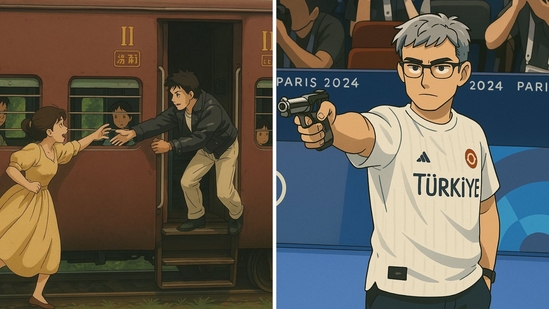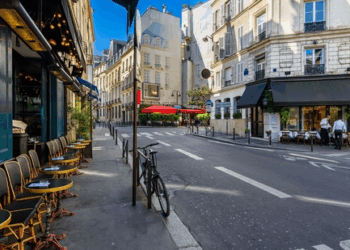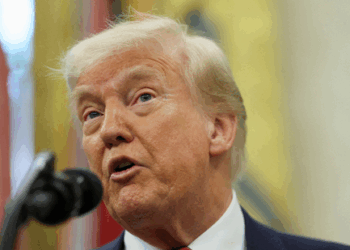Ever since OpenAI introduced the Ghibli-style AI image generator, it has gone viral across social media platforms. Users—including celebrities, politicians, and everyday people—are transforming their photos into whimsical portraits reminiscent of legendary animator Hayao Miyazaki’s signature style. The tool even allows users to apply the Ghibli aesthetic to internet memes and other images.
However, not everyone is celebrating this trend. Digital privacy advocates on X (formerly Twitter) are raising concerns, warning that OpenAI may be leveraging this viral feature to collect thousands of personal images for AI training. Critics argue that by uploading their photos, users may unknowingly provide fresh biometric data to OpenAI, potentially risking their privacy.
Ethical and Privacy Concerns
Beyond privacy issues, the trend also revives debates over AI ethics, particularly regarding tools trained on copyrighted works. Miyazaki, 84, has previously criticized AI-generated art, emphasizing the importance of hand-drawn animation. But for privacy experts, the issue extends beyond copyright—it’s about how companies collect and use personal data.
Under the General Data Protection Regulation (GDPR), OpenAI must justify its data collection under “legitimate interest,” requiring strict safeguards to protect user privacy. However, according to Luiza Jarovsky, co-founder of the AI, Tech & Privacy Academy, the situation changes when users voluntarily upload their images.
“When people willingly submit their photos, they provide consent for OpenAI to process them under Article 6.1.a of GDPR,” Jarovsky explained in a detailed X post. “This gives OpenAI more flexibility, bypassing the need to prove ‘legitimate interest.’”
Jarovsky also pointed out that OpenAI’s privacy policy explicitly states that user data may be collected to train AI models unless users opt out.
“Essentially, OpenAI is gaining free and unrestricted access to personal images, while social media platforms and competing AI firms only get access to the Ghiblified versions,” she added.
Cybersecurity Warnings
A group calling itself Himachal Cyber Warriors, which claims expertise in cybersecurity, issued a strong warning: “Think before you #Ghibli. That cute Ghibli-style selfie? It might cost more than you think. Your photo could be misused or manipulated. AI may train on it without your consent. Data brokers might sell it for targeted ads. Stay cyber smart. Your privacy matters.”
OpenAI’s Response
OpenAI has yet to release an official statement on the privacy risks associated with its Ghibli-style AI image generator. However, when Hindustan Times tested ChatGPT by asking whether it was safe to upload personal photos, the AI responded cautiously:
“No, it’s not safe to upload personal photos to any AI tool unless you’re certain about its privacy policies and data handling practices. OpenAI does not retain or use uploaded images beyond the immediate session, but it’s always best to avoid sharing sensitive or personal images with AI services. If privacy is a concern, consider using offline tools or apps specifically designed for secure image processing.”
How to Protect Your Biometric Data
Before joining the latest AI image trend, it’s essential to understand the risks and take precautions. Here are some key steps to safeguard your privacy:
- Be cautious when uploading personal photos: Think twice before sharing images on AI platforms.
- Limit high-resolution images on social media: These can be scraped for AI training without your consent.
- Avoid using facial recognition features for device security: Opt for PINs or passwords instead.
- Check app permissions: Restrict unnecessary access to your device’s camera and photo gallery.
While AI-generated art can be fun, it’s crucial to stay informed about the privacy implications. As AI tools become more integrated into daily life, users must be proactive in protecting their data and digital identities.








 India
India












